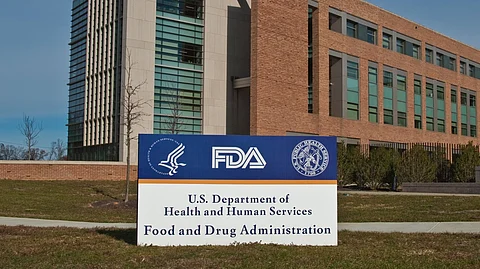The FDA has temporarily suspended Rocket Pharmaceuticals’ pivotal gene therapy study after a patient’s death, sending the company’s stock down 63% in early trading. Despite the setback, company leaders remain optimistic about the treatment’s future.
What was happening in the clinical trial?
RP-A501, the experimental therapy developed by Rocket, goes against Dannon's disease, a condition affecting the heart muscle. A 12-patient trial conducted by the New Jersey biotechnology company engaged in the use of brand-new AAV9 gene therapy in restoring normal heart function through direct gene delivery onto cardiomyocytes.
The trouble began when one patient developed capillary leak syndrome about a week after receiving the treatment. CEO Gaurav Shah explained that while the patient was initially recovering, a severe infection over the weekend led to his death.


